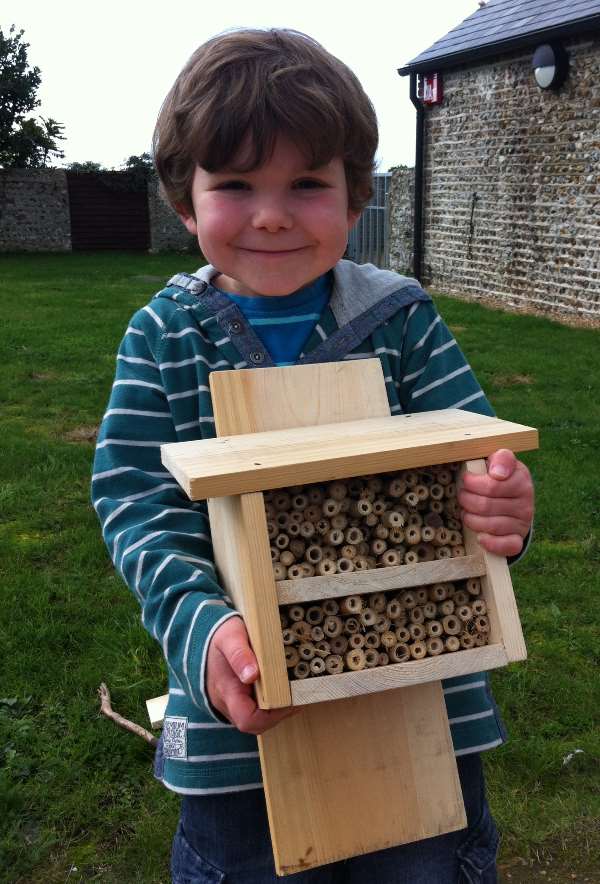Tips on Heritage Lottery Fund Business Planning No. 2
Financial performance
Forecasting
Most Lottery funding programmes require a forecast income and expenditure account over a ten year period from project commencement. This is to ensure long term plans are realistic and achievable to ensure that HLF investment helps to secure sustainable activities beyond the lifetime of the project funding.
 Throughput and income
Throughput and income
For existing operations it should be relatively straight-forward to establish a baseline position and to set out a breakdown of existing users (visitors, volunteers, schools and other groups) and their current levels of spend. The project development process and research during the production of the Activity Plan will have included direct research among existing user groups and missed audiences to determine the specified propensities to continue or increase usage into the future once the new project is completed. From this it is possible to base assumptions on future levels of market growth by user group. Similarly the established baseline will demonstrate existing spend levels by revenue department and this can be extrapolated to the revised visitor figures. With new activities attracting new markets this is more difficult and caution will need to be exercised. Project assumptions need to be supported by reference to typical rates in the sector and supported by direct examples.
Benchmarking
In our view the best way to produce a robust trading profile is to test assumptions against comparable activities elsewhere. Given that many HLF projects have a community and charitable focus (and are not necessarily in direct competition) other similar activities are often willing to share data which can support and underpin assumptions and improve accuracy of forecasts. When completing business planning work for Conkers, the attraction managed by our sister company, we carried out in depth benchmarking of three other family based attractions in the UK including Eureka! in Halifax which generated invaluable information and helped generate forecast visitor numbers within 5% of the actual achieved levels.
HLF support funding
One of the key components of HLF funding is that it allows the grant assisted projects to explore and test new activities with specific target audiences. This creates a short term ‘cushion’ whereby some activities can be tested during the initial operating period and the most popular and successful can be retained into the long term operating plan.
Match funding
Apart from capital development support, the project sponsor (local authority or other) will need to commit its backing, financial assistance and most likely will need to underwrite the project for a minimum period. In this sense it remains a key stakeholder for the long term and will need to obtain funding guarantees from Council Members or Management Board, or Board of Trustees. This can be problematic as many organisations do not operate in 10 year funding cycles and may need additional powers to provide official project support.
Work in progress
The business plan should not be seen as a one off document. It must be a tool for the site management which shapes decisions and targets but is also reviewed and updated on a regular basis.
Find out about some of the Heritage Lottery Fund business plan projects we have worked on.
Support for Heritage Lottery Fund Business Plan Projects
We work on a number of Heritage Lottery Fund business planning consultancy projects. If you would like to discuss any business planning requirements for Heritage Lottery Fund projects or other heritage and leisure projects, please feel free to contact Kevin Brown or Richard Linington at richard@pslplan.co.uk or call 07866 742628.
